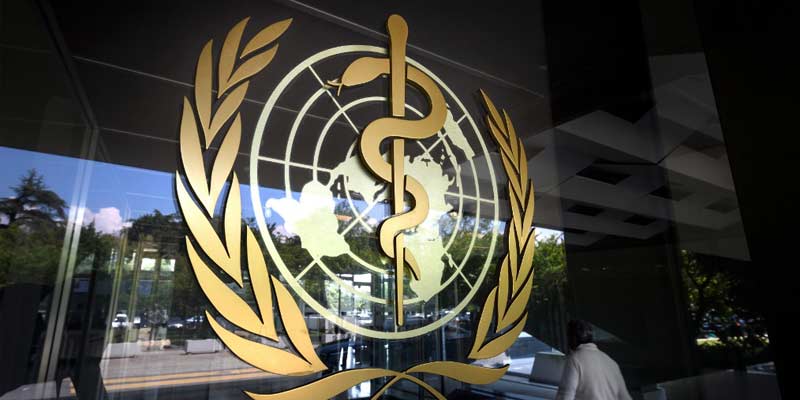- World
- Jan 31
Explainer / Public health emergency of international concern (PHEIC)
• The World Health Organisation (WHO) said that COVID-19 continues to constitute a public health emergency of international concern (PHEIC), its highest form of alert.
• The WHO label — a ‘public health emergency of international concern’ (PHEIC) — is designed to trigger a coordinated international response.
• The pandemic was likely in a transition point that continues to need careful management to mitigate the potential negative consequences, it said.
• It is three years since the WHO first declared that COVID-19 represented a global health emergency. More than 6.8 million people have died during the outbreak, which has touched every country on Earth, ravaging communities and economies.
• Globally, 13.1 billion doses of COVID-19 vaccines have been administered, with 89 per cent of health workers and 81 per cent of older adults (over 60 years) having completed the primary series.
• Significant progress has also been made in developing effective medical countermeasures, building global capacity for genomic sequencing and genomic epidemiology, and in understanding how to manage the infodemic in the new informational ecosystem including social media platforms.
What are the International Health Regulations (IHR)?
• The International Health Regulations (2005) represents a binding international legal agreement involving 196 countries across the globe, including all the Member States of WHO. Their aim is to help the international community prevent and respond to acute public health risks that have the potential to cross borders and threaten people worldwide.
• The purpose and scope of the IHR (2005) is to prevent, protect against, control and provide a public health response to the international spread of disease in ways that are commensurate with and restricted to public health risks, and which avoid unnecessary interference with international traffic and trade.
• Members of an IHR Emergency Committee are drawn from the IHR Experts Roster, established by the Director-General, and, where appropriate, from other WHO expert advisory panels.
• The Emergency Committee provides technical advice to the WHO Director-General in the context of a ‘public health emergency of international concern’ (PHEIC).
What is PHEIC?
A PHEIC is defined in the IHR (2005) as, “an extraordinary event which is determined to constitute a public health risk to other States through the international spread of disease and to potentially require a coordinated international response”.
This definition implies a situation that is:
i) Serious, sudden, unusual or unexpected.
ii) Carries implications for public health beyond the affected State’s national border.
iii) May require immediate international action.
WHO has to consider five elements to decide whether an outbreak constitutes a public health emergency of international concern.
1) Information provided by countries – which in this case shows that the virus has spread rapidly to many countries that have not seen it before.
2) The three criteria for declaring a public health emergency of international concern under the International Health Regulations — being an extraordinary event, a public health risk to other States and a potential need to require a coordinated international response.
3) The advice of the Emergency Committee — which did not reach a consensus.
4) Scientific principles, evidence and other relevant information – which are currently insufficient.
5) The risk to human health, international spread, and the potential for interference with international traffic.
World Health Organisation
• The WHO is an agency of the United Nations set up in 1948 to improve health globally. It has more than 8,000 people working in 150 country offices, six regional offices and its Geneva headquarters.
• The WHO has 194 Member States.
• Its director general is elected for a five-year term.
• The WHO’s stated aim is “to promote health, keep the world safe and serve the vulnerable”.
• It has no power to impose health policies on national governments, but acts as an adviser and offers guidance on best practice in disease prevention and health improvement.
It has three main strands of work:
i) Aiming for universal health coverage in every country.
ii) Preventing and responding to acute emergencies.
iii) Promoting health and well-being for all.
Manorama Yearbook app is now available on Google Play Store and iOS App Store

